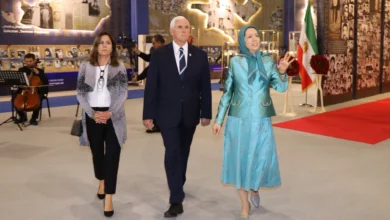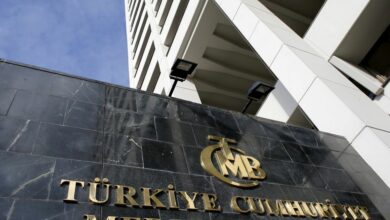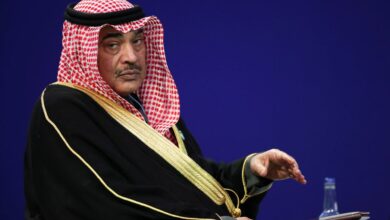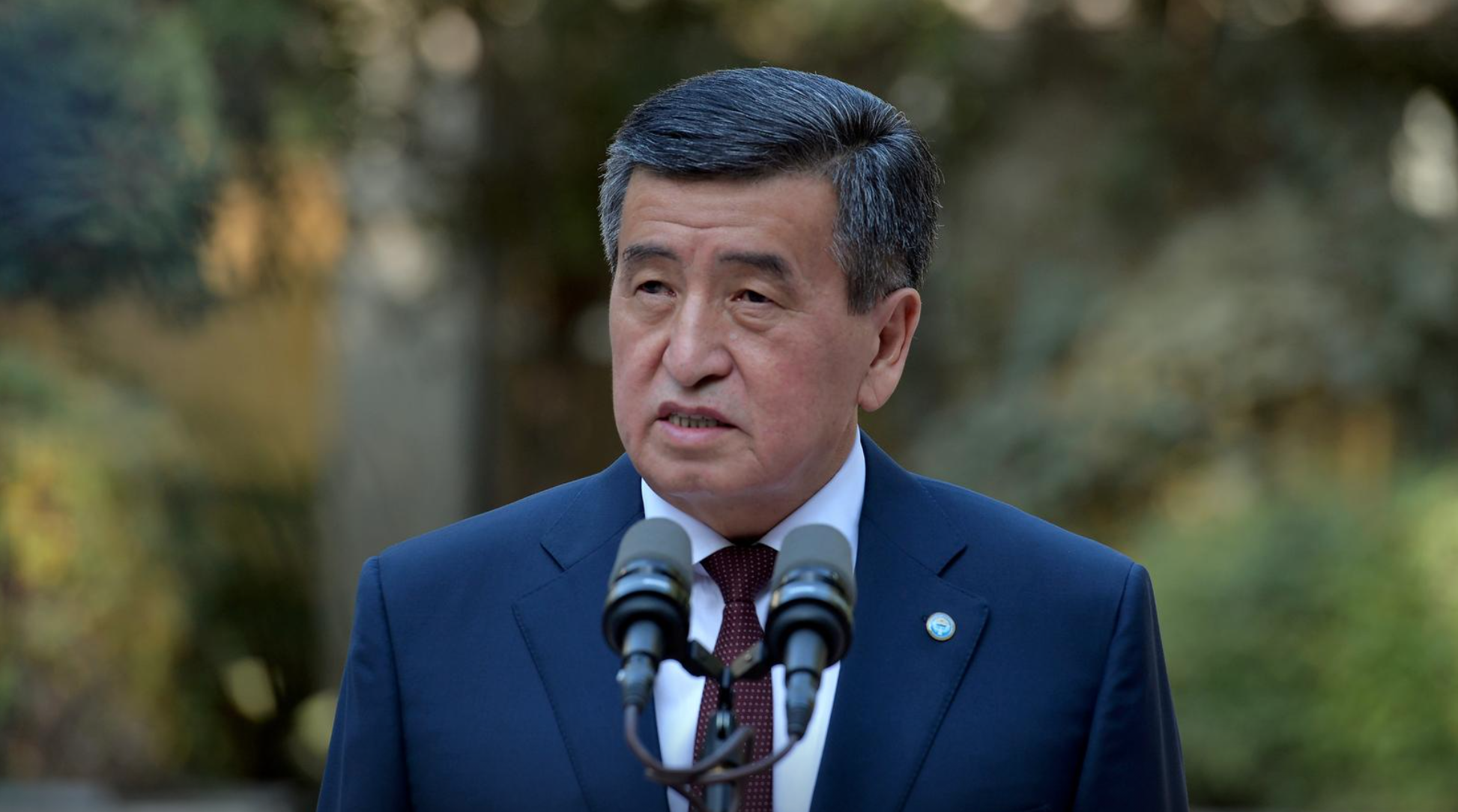Egyptian opposition groups from across the political spectrum gathered on Wednesday to launch a new coalition calling for democratic reforms and opposing the widely expected prospect of political succession.
“The Egyptian Campaign Against Presidential Succession” is organized by founder of the liberal Ghad party and former presidential candidate Ayman Nour.
With the exception of the Muslim Brotherhood, Egypt’s largest and best organized opposition movement, the newly established front unifies small opposition groups that are widely believed to lack strong grass-roots bases.
The coalition includes members of the fading Kifaya movement, which organized a string of protests in 2005 to oppose the possible inheritance of power from President Hosni Mubarak to his son Gamal.
It also incorporate political movements such as the frozen Islamist-leaning Labor Party, the pan-Arabist Nasserist Karameh Party, the Revolutionary Socialists and a handful of rights groups, political activists and intellectuals.
“We gather to protect the principles of the Egyptian Republic and constitution and to confront all attempts to pass presidential powers through succession,” declared Nour at the press conference at Ghad Party headquarter in downtown Cairo.
Nour, who came second by a large margin in the 2005 presidential elections, asserted that the anti-succession campaign “will not be a merely rhetorical platform.” Instead, it will embark on a variety of legal, political and media strategies “to prevent the ongoing procedures of succession.”
Trying to avoid previous criticisms to democracy movements, namely that they had ‘personified’ the battle against Mubarak’s regime around the figure of Gamal, the General Coordinator of Kifaya Movement Abdel Halim Qandil affirmed that the front “opposes any kind of succession within the ruling establishment.”
“We are against Gamal and we will oppose passing power to another [military] general,” said Qandil, who was once heavily criticized for writing an article in 2005 in which he called for handing presidential power to General Omar Suleiman, the director of the Egyptian Intelligence Services Lieutenant.
Since the creation of the modern Egyptian republic in 1954, all three of Egypt’s presidents have been military officers appointed to the post by their predecessors, with the exception of President Gamal Abdel Nasser who led the 1952 military coup that overthrew the Mohamed Ali monarcy.
Aside from opposing the principle of political succession, members of “The Egyptian Campaign” outlined neither their plan of action, nor their vision for Egypt’s future.
“We are still in the preparatory discussions and we should announce our Founding Statement in few weeks,” said Nour.
Legacies of mutual mistrust and personal and ideological differences have pushed all the parties involved in the campaign to delay setting a clear political agenda to confront succession, according to a participant in the new coalition.
“Some participants voiced concerns about the personal ambitions of certain political leaders within the coalition, while others were afraid that the Brothers might take over,” said a political activist who participated in the negotiations to launch the campaign.
Memories of political disappointments in past experiences were also expressed publicly.
“We don’t want a single political group to monopolize the campaign. It must be inclusive to the entire Egyptian people,” remarked Mohamed Abdel Qudos, a Brotherhood journalist who has been long active in various Egyptian change movements.
Necessitating a minimum level of convergence, all involved parties unanimously agreed to elect Cairo University political science professor Hassan Nafea to be the first chair of the campaign’s Preparatory Committee.
“I am not a political activist and I am widely perceived as impartial,” said Nafea during the press conference. He added that he will not assume a political post “now or in the future.”
The next presidential election is scheduled for 2011, however with Mubarak turning 82 in few months, speculation about early elections are widespread in Egypt’s political circles.




